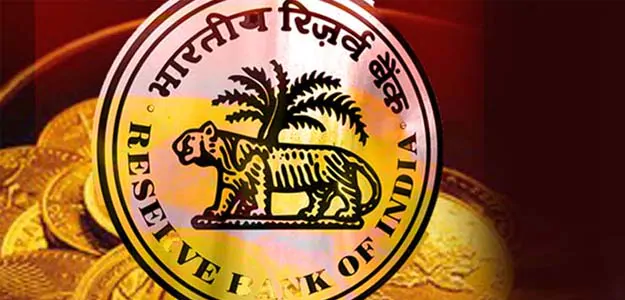Inflation Remained High During 2020-21 Owing To Covid-Led Disruptions: RBI Report

RBI Annual Report: Pandemic has impacted economic growth outlook
The Reserve Bank of India has noted that India joined the global economy in an unprecedented contraction in 2020-21, dragged down by the COVID-19 pandemic, headline inflation was elevated for most part of the year led by supply chain disruptions due to the pandemic and spikes in key food prices.
These observations have been made by the central bank in its annual report for 2020-21, which it released on Thursday.
The onset of the second wave of Corona virus pandemic in the country, has triggered a raft of revisions to growth projections, with the consensus gravitating towards the Reserve Bank’s projection of 10.5 per cent for the year 2021-22, with the quarterly break up being 26.2 per cent in Q1, 8.3 per cent in Q2, 5.4 per cent in Q3 and 6.2 per cent in Q4.
The pandemic itself, especially the impact and duration of the second wave, is the biggest risk to this outlook, the central bank has noted in its annual report.
Yet at the same time it has said that “upsides also stem from the capex push by the government, rising capacity utilisation and the turnaround in capital goods imports. For April and early May 2021, available high frequency indicators present a mixed picture”.
While mobility and sentiment indicators have moderated, several activity indicators have held their own and shown resilience in the face of the second wave, RBI has observed.
On inflation, however the central bank has said that it moderated subsequently due to seasonal easing in food prices since December 2020, albeit with an upside push from adverse base effects during February-March 2021.
“Monetary and credit conditions remained expansionary and financial market conditions eased considerably on the back of abundant liquidity,” it said further while reviewing the year gone by.
Public finances were impacted by a cyclical slowdown in revenues, which was exacerbated by Covid-19, while pandemic-induced fiscal measures pushed up expenditure, it added further.
“On the external front, the sizeable contraction in imports relative to exports, under deep recessionary conditions, led to a current account surplus; along with robust net capital inflows, this led to a large build-up of foreign exchange reserves,” the RBI said.
GST collections crossed the Rs 1 lakh crore mark for the seventh consecutive month in April and notched up the highest level on record, suggesting that manufacturing and services production has been maintained.
Incidentally, the RBI report covers the working and functions of the central bank for the transition period of nine months (July 2020 – March 2021) following the decision to change its accounting year from July-June to April-March.
Source link

